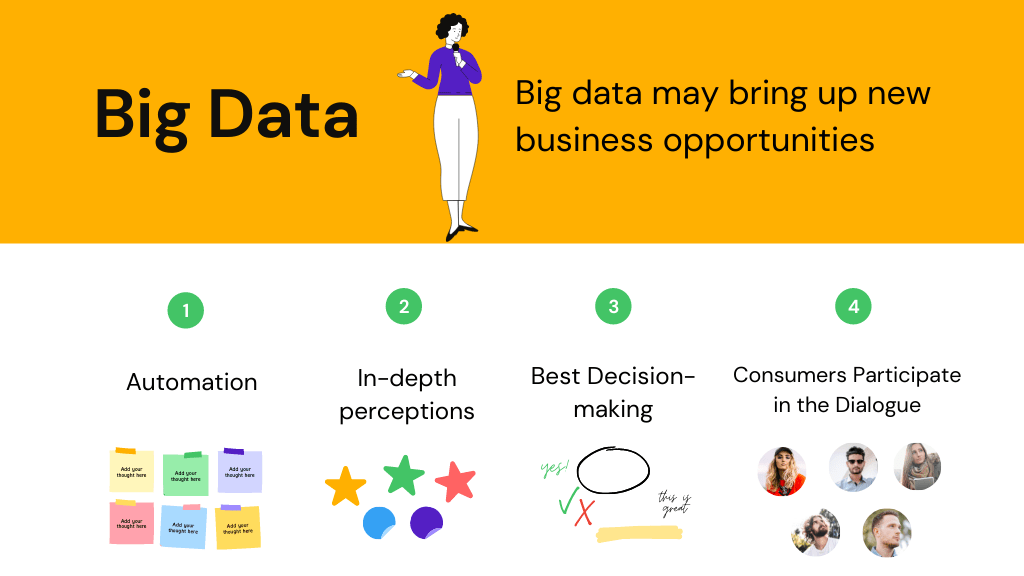Strategies for Limiting the Negative Effects of Big Data
Strategies for Limiting the Negative Effects of Big Data.
The Strategies for limiting the negative effects of big data involve a combination of technical, regulatory, and ethical approaches. It requires a multi-faceted approach that addresses various ethical, legal, and social considerations. Here are some strategies:
Data Governance and Regulation:
Implement robust data governance frameworks and regulations to ensure responsible data collection, storage, and usage. This includes compliance with data protection laws such as GDPR and CCPA, as well as industry-specific regulations.
Privacy Protection:
Prioritize data privacy by anonymizing or pseudonymizing personal data, obtaining explicit consent for data collection and usage, and implementing strong security measures to safeguard sensitive information from unauthorized access or breaches.
Transparency and Accountability:
Promote transparency in data practices by providing clear explanations of how data is collected, used, and shared. Establish accountability mechanisms to hold organizations responsible for any misuse or abuse of data.
Ethical Data Use:
Adhere to ethical guidelines and principles in the collection, analysis, and interpretation of data. This includes avoiding discriminatory practices, ensuring fairness and impartiality in algorithmic decision-making, and addressing biases in data collection and analysis.
Data Minimization:
Adopt a principle of data minimization by only collecting and retaining data that is necessary for the intended purpose. Limit the scope and duration of data storage to reduce the risk of data breaches and unauthorized access.
User Empowerment:
Empower individuals to exercise control over their personal data through tools and mechanisms that enable data portability, deletion, and consent management. Provide users with clear options for managing their privacy preferences and settings.
Education and Awareness:
Raise awareness among individuals, organizations, and policymakers about the ethical and societal implications of big data. Provide education and training on data ethics, privacy best practices, and responsible data stewardship.
Algorithmic Transparency:
Ensure transparency and explainability in algorithmic decision-making processes to enable stakeholders to understand how decisions are made and to detect and mitigate biases or errors.
Collaboration and Multi-stakeholder Engagement:
Foster collaboration between industry, government, academia, and civil society to develop and implement ethical guidelines, best practices, and standards for responsible data use.
Continuous Evaluation and Improvement:
Regularly assess and evaluate the impact of big data initiatives on individuals, communities, and society as a whole. Use feedback and insights to refine policies, practices, and technologies to minimize negative effects and maximize positive outcomes.
Conclusion.
By implementing these strategies, stakeholders can mitigate the negative effects of big data while harnessing its potential to drive innovation, economic growth, and societal progress in a responsible and ethical manner, organizations and policymakers can mitigate the negative effects of big data while maximizing its benefits for individuals, communities, and society as a whole.


Comments
Post a Comment